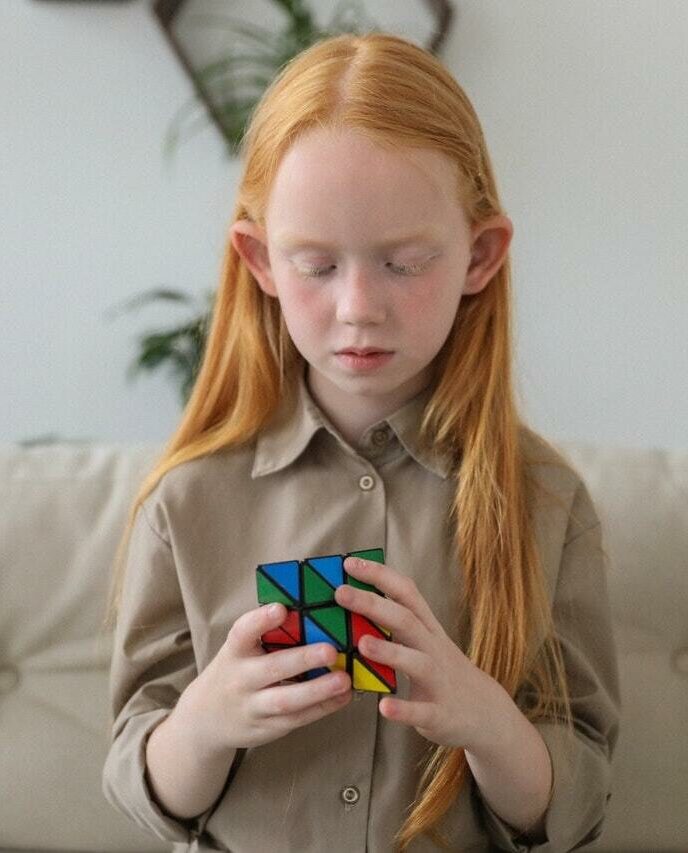Learning Disability Testing
Does your child seem to be constantly behind in core academic skills such as reading, spelling, and writing? Do they struggle with understanding math concepts and seem to lack “number sense?” Perhaps they have been told they are not working up to their potential in these areas, despite being bright. Children with learning disabilities struggle to process information and learn at the level that is expected for their age. This can impact various areas of learning, such as reading, writing, and math. A learning disability does not signify low intelligence or lack of effort: in fact, individuals with learning disabilities have average, or even above average intellectual abilities. For these children, a gap exists between their abilities and their achievement, so the challenges they experience are often surprising or unexpected given their potential. My Child Assessment in Los Angeles specializes in the evaluation of learning disabilities such as dyslexia, dyscalculia, disorders of written expression, and other conditions affecting academic achievement.

Why Choose a Learning Disability Evaluation?
Like most neurodevelopmental disorders, identifying a learning disability early on is critical to treatment. Research consistently shows that young minds are more receptive to the change and “rewiring” that occurs with early identification and intervention, leading to better outcomes. Second, when families understand how they can intervene, they are able to advocate for their child and ensure that appropriate services are being provided both in and outside of school. Learning disabilities may not only affect academic skills, but can also impact other areas, such as processing speed, memory, language, and organizational skills. A comprehensive evaluation can provide a complete picture of the areas where a child is struggling, as well as identify their areas of strength. Finally, children with learning-based challenges are at an increased risk for social emotional challenges. They may become frustrated and avoid school, or experience feelings of low self-esteem, causing them to withdraw from social interactions. An assessment can bring these issues to light and help to identify the risk factors to more serious mood disruptions such as anxiety and depression.
Common Learning Disabilities
- Dyslexia: Approximately 1 in 5 people in the United States have dyslexia, making it one of the most common neurocognitive disorders. It is also the most common learning disability. Dyslexia is a language-based learning disorder that affects reading skills such as word recognition and reading fluency, leading to challenges in reading comprehension and overall academic achievement.
- Dysgraphia: Dysgraphia is a learning difference that involves difficulties with writing. This can range from issues with the physical act of writing to translating thoughts into written words. Children with dysgraphia might struggle with handwriting, spelling, and forming clear and meaningful sentences, affecting their ability to convey ideas effectively through writing.
- Dyscalculia: Dyscalculia impedes a person’s ability to understand number-based information and math. Children with dyscalculia have poor number sense, they may struggle with problem solving and math reasoning, and with memorizing basic math facts.
Other disorders affecting learning
- Memory impairments: Memory impairments can have a large impact on learning, as memory plays an important role in the ability to take in, retain, and retrieve information. Learning involves the acquisition of new knowledge and skills, and memory serves as the foundation for this process. Areas where memory can be impacted include working memory, visual memory, verbal memory, and immediate, or long-term memory.
- Speech and Language Disorders: Speech and language disorders affect a person’s ability to communicate effectively. This can include various aspects of communication, including speech production, understanding and using language, and social interactions. Speech and language disorders often co-occur with other neurodevelopmental disorders such as ADHD, dyslexia, and autism.
- Developmental Coordination Disorder (DCD): Developmental Coordination Disorder involves a delay in the development of motor skills and coordination, resulting in difficulties with daily tasks or physical activities such as sports. Children with DCD may struggle with skills such as tying shoelaces, using utensils, with handwriting, running, or catching a ball. This can also include clumsiness and difficulties with balance.
- Sensory processing challenges: In children with sensory processing delays, the brain has trouble with receiving and responding to information from the senses. This can include touch, smell, sight, sound, and taste. For some, this results in hypersensitivity to sensory input, such as bright lights, loud noises, certain types of clothing, and food textures. Others might be under responsive to sensory information, and may have difficulty noticing sensory cues. Another category of sensory challenges is sensory seeking, in which individuals need constant sensory input through one or more of the senses.

Dr. Nicole Michaeli's Approach
Research shows that individuals with learning disabilities have differences in the structure and functioning of the brain, which causes them to process information differently than others. In other words, their brains are “wired differently.” Understanding these nuanced and multifaceted differences is what sets our assessments apart. Dr. Michaeli likens her assessment approach to that of an architect: without understanding the foundation first, one cannot build a strong, free-standing home. Similarly, without appreciating the differences of the neurodivergent brain, a clinician cannot appropriately address their needs and help them to be strong and independent learners. With this belief in mind, My Child Assessments aims to understand brain-based patterns and their role in learning, delivering this information to families in a way that is clear and practical.
At My Child Assessment, learning disability evaluations are personalized to your child’s areas of challenge, combining standardized tests with other measures including classroom observations, collaboration with educators and providers, parent interviews, and conversations with the student. By thoroughly evaluating cognitive abilities, academic performance, and other neuropsychological skills, a detailed profile of your child’s learning patterns can be obtained.

